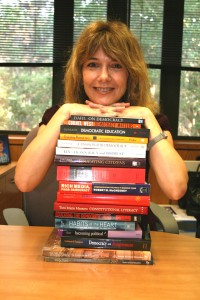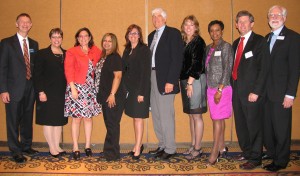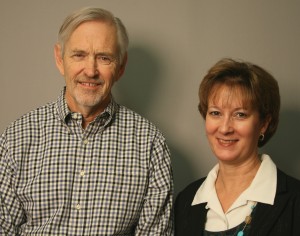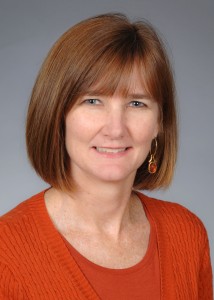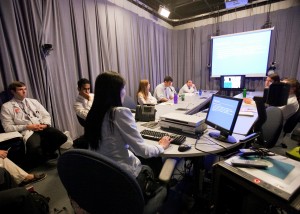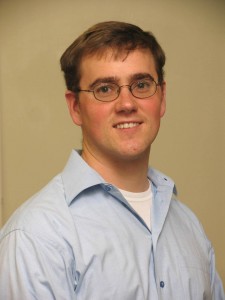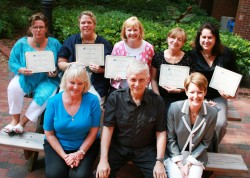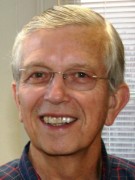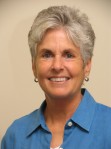Education Leadership grad leaves UF campus a friendlier place for Asian Pacific Islanders
On a post-graduation trip to the Philippines in 2006, Leah Villanueva looked out across the South China Sea as the sun set and was struck by an overwhelming calling to be a teacher.
Villanueva, who identifies as “Filipina-Canadian-American,” had just graduated from the University of Florida’s College of Education with a bachelor’s degree in elementary education, but was heading to law school in the fall – or so she had planned.
Growing up in Florida, Villanueva was accustomed to seeing sunsets on the beach. But there was something about that particular Philippine sunset with its picturesque red-orange gradient that “spoke to me,” Villanueva said.
After that trip, Villanueva chose not to attend law school and instead began teaching kindergarten and reading in Kissimmee, Fla., where she stayed for three years.
“I was drawn to education because I really believe in the potential of people and helping people reach that potential,” Villanueva said. “I recognize how nurturing and guidance play a role in reaching that potential, and that’s what a teacher does.”
Villanueva, 28, has just finished her master’s degree in educational leadership at the College of Education. She also has served for the past year and half as the university’s first director of Asian Pacific Islander American Affairs (APIA).
This spring, she moved to the Philippines, becoming one of the first international fellows of the new Teach for the Philippines program, which is similar to the United States’ Teach for America program. Villanueva is one of 10 international fellows who are helping to build the new Teach for the Philippines program. In March, she began co-teaching at an elementary school in Manila, Philippines, as she simultaneously helps to shape the program’s policies.
“I love what I was doing at UF, but this opportunity in the Philippines is a perfect marriage of my passion for cultural identity and social justice and working with young kids,” Villanueva said. “Teach for the Philippines is an educational movement, but it’s also a reinstatement of pride for being Filipino.”
In Toronto, Canada, where she was born, Villanueva never felt like an outsider. But that changed when she moved to Florida during elementary school. There, a classmate slapped her because she was “different,” Villanueva said.
“If, throughout your education, your race or ethnic group is not even mentioned in the textbook or present in the teaching materials and you don’t see other students or teachers who can relate to you, it kind of erases your identity and minimizes your experience,” said Villanueva, who felt like she was “tokenized as the Asian kid” growing up.
Still, she also remembers the positive reaction she received after presenting a project about her Filipina heritage for class in the fourth grade.
“I remember being really scared I was going to be teased because I felt that being Filipina is really different,” Villanueva said. “But it was so affirming when my classmates were like, ‘This is so cool!’”
That feeling of acceptance and affirmation is what Villanueva promoted as UF’s APIA director since she arrived there in 2011.
Villanueva credits several College of Education courses for opening her eyes to diversity issues and how to create inclusive environments.
She may have the opportunity to train or mentor Teach for the Philippines participants while she is abroad. She said she intends to eventually become a teacher educator who “encourages her students to take a deep, introspective look at their own identities in order to understand the life experiences of their students and better serve them.”
“I love the classroom, I love the students and I think I’m a good teacher,” said Villanueva, who plans to pursue a Ph.D. “But for me to really chip away at the bigger problems I need to be able to influence and help guide those people who are going to be teaching.”
CONTACTS:
Writer: Alexa Lopez, news and communications, UF College of Education; aklopez@coe.ufl.edu; 352-273-4449
Media Relations: Larry Lansford, director, news and communications, UF College of Education; llansford@coe.ufl.edu; 352-273-4137


